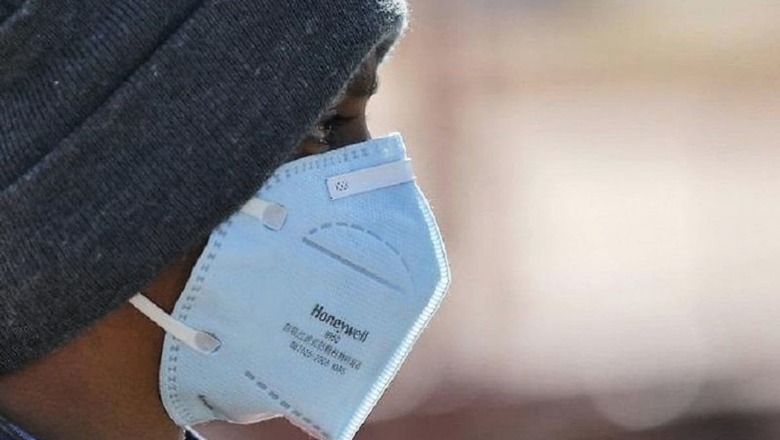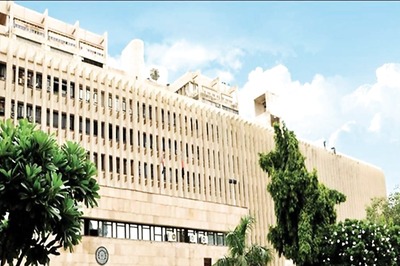
views
One of the most profound effects of the COVID-19 pandemic is the increase in the use of face masks. The World Health Organization (WHO) and most government health agencies across the globe have recommended the proper use of face masks and face covers in public to prevent the transmission of the SARS-CoV-2 virus. But while mask use comes highly recommended, there are many misconceptions about them that hinder the adoption of this effective preventive measure.
One such misconception stems from the idea that wearing masks can increase the risk of carbon dioxide exposure, which can harm your lungs as well as the rest of your body. But does this actually happen or is it just another myth that exploits people’s fears? Here’s what you should know.
How excess carbon dioxide affects the body
It is a commonly accepted fact that an excess of carbon dioxide in the body is a bad thing. You’re supposed to exhale CO2 and not increase its intake. If such an increase does happen, it triggers a condition called hypercapnia. Studies suggest that when the level of carbon dioxide increases in the body, it leads to acidosis where the pH of blood becomes less than 7.35, and therefore acidic.
Acidosis deprives the major organs of the body of oxygen, causes hyperventilation and organ damage. Damage to the brain, kidneys, lungs and heart can be immense and can cause irreversible harm, even death. This is the reason why avoiding excess carbon dioxide in the body is essential.
Why masks don’t cause overexposure to CO2
A new study published in the Annals of the American Thoracic Society found that wearing masks while engaging in daily activities does not cause overexposure to CO2, not even in patients with lung diseases like chronic obstructive pulmonary disease (COPD).
The study, conducted by researchers in Miami, USA, included surgical mask users who are otherwise healthy as well as older veterans with COPD. These patients of COPD were included because this condition naturally causes a higher carbon dioxide retention in the body. The researchers conducted walk tests on all the participants and found that the effect of the mask on the exchange of gases like oxygen and carbon dioxide was minimal even after moderate-level one-hour-long walks.
The mild physiological responses the scientists observed were owing to psychological factors rather than physiological ones. This indicates that issues like breathlessness or claustrophobia while wearing masks can be easily dealt with if the user takes a break to get his or her breath back, de-stresses and resumes walking at a slower pace. The researchers also insist that since their findings do not indicate carbon dioxide retention or its negative effects while wearing masks, the general public should not reject this preventive measure. Instead, they should all focus on mitigating such fears and confidently accept and adopt the use of masks to prevent the spread of COVID-19 as well as other infections.
For more information, read our article on How useful masks are against COVID-19.
Health articles on News18 are written by myUpchar.com, India’s first and biggest resource for verified medical information. At myUpchar, researchers and journalists work with doctors to bring you information on all things health.




















Comments
0 comment